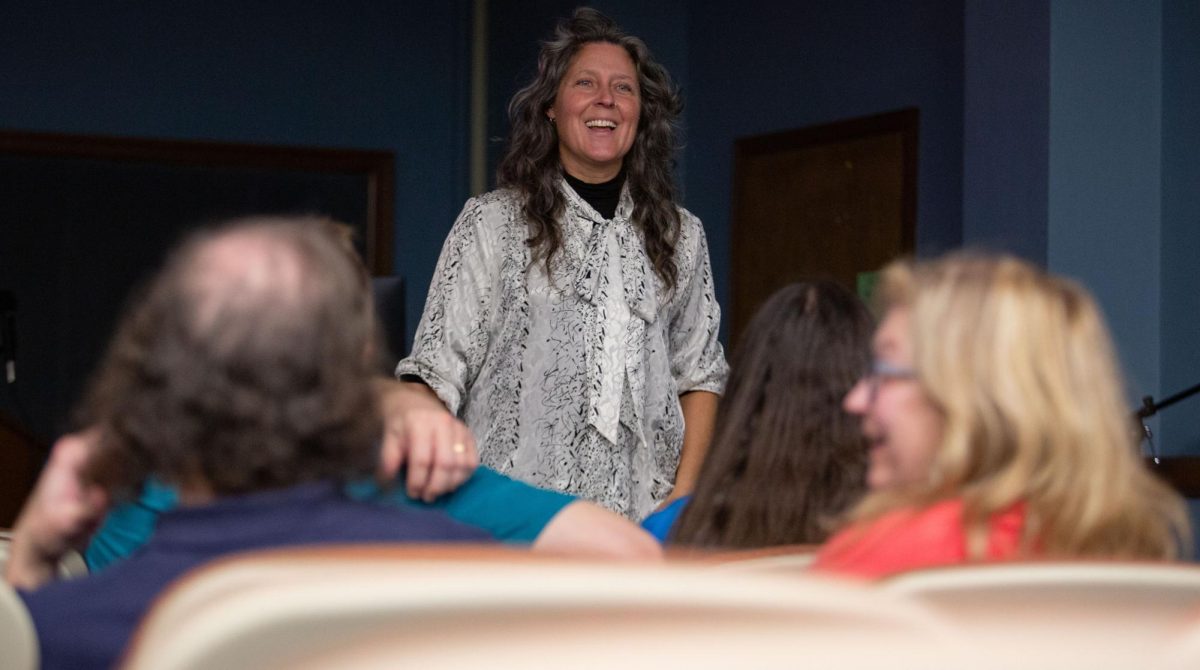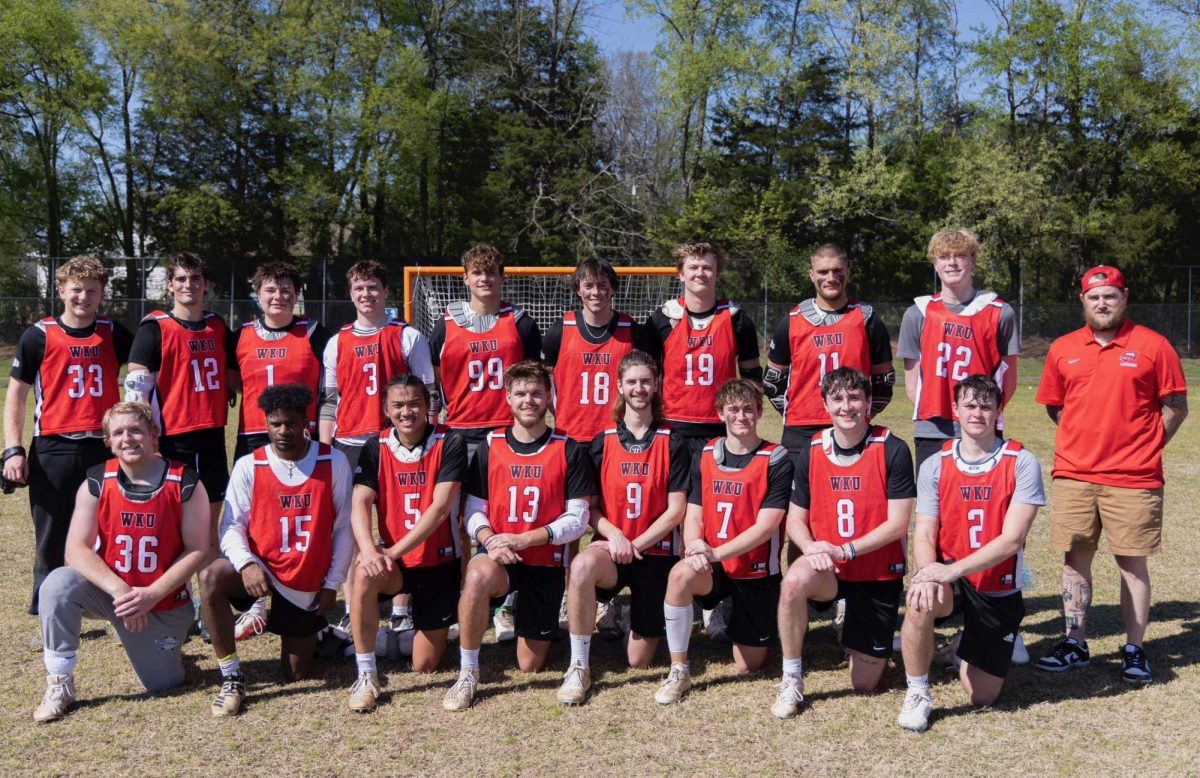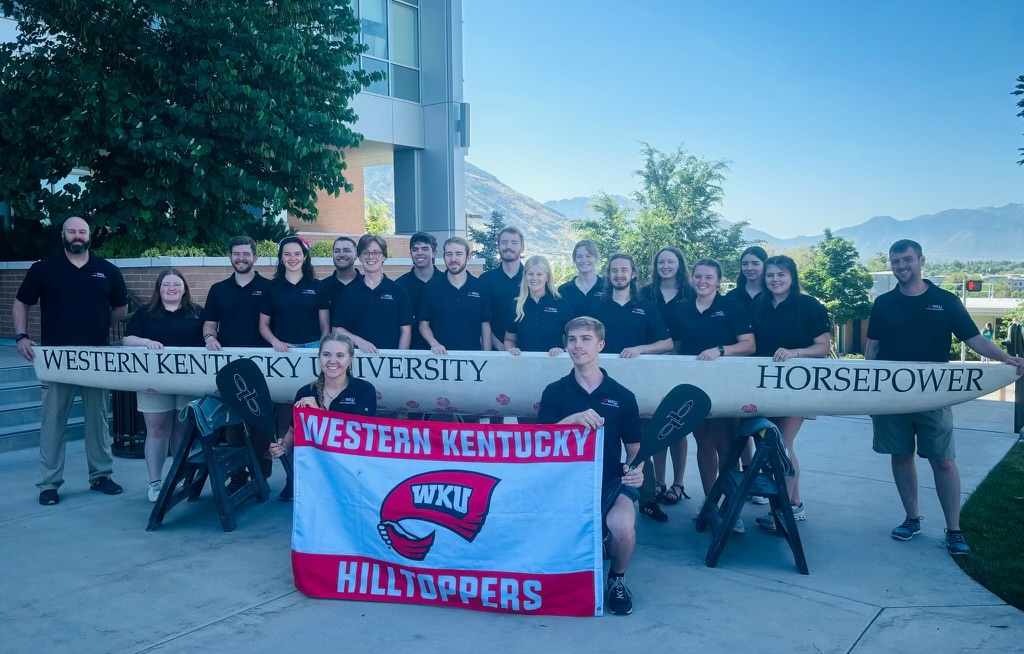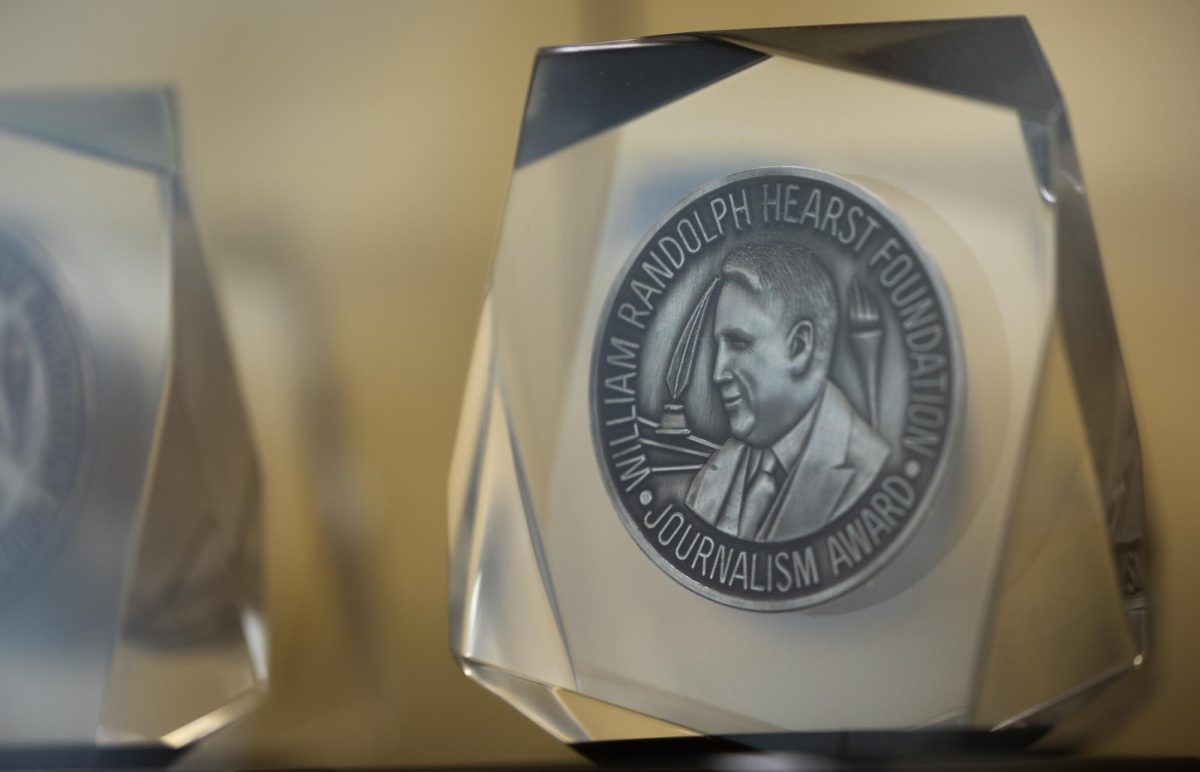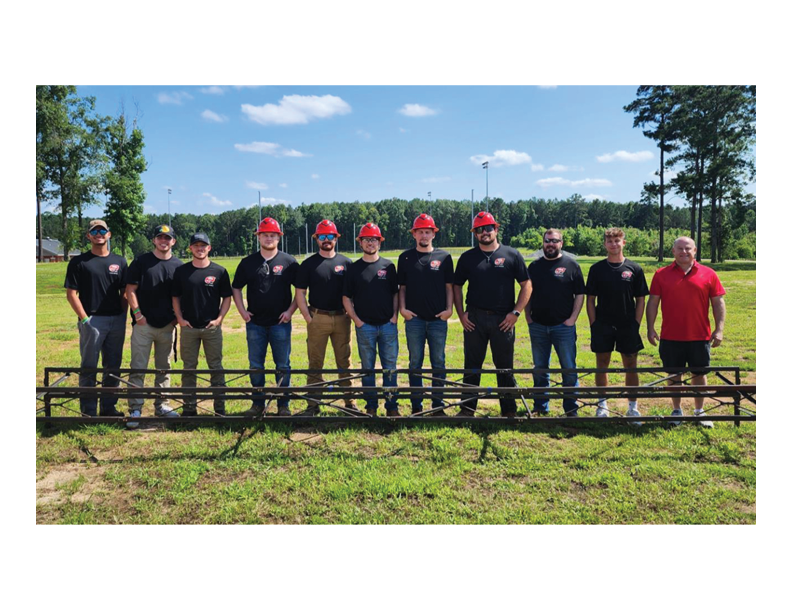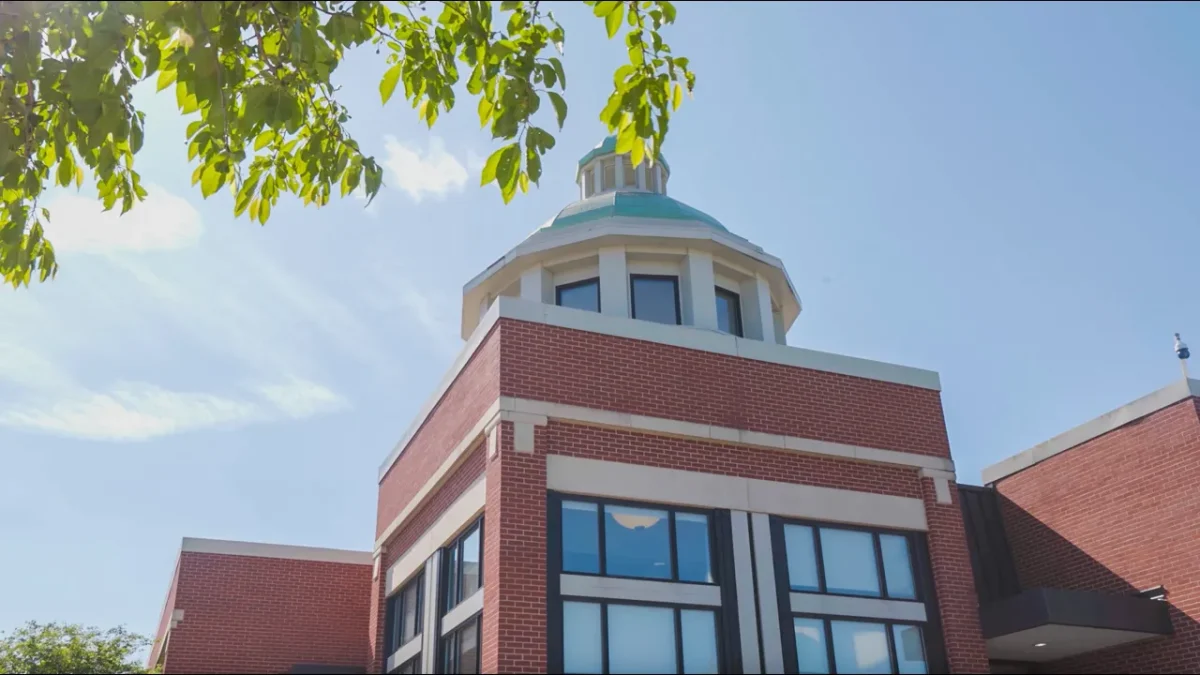The WKU English Department hosted Janée Baugher as part of the Visiting Writers Series on Tuesday, Feb. 27.
“The way that I write is in the spirit of discovery,” Baugher said. “I go to the page…completely thoughtless. Abandoning your conscious intent, just seeing what can happen, seeing what can surprise you on the page.”
Baugher read poems she wrote which were inspired by paintings by Andrew Wyeth.
“These are fictional autobiographical musings from the perspective of Andrew Wyeth in the structure of footnotes which I think of as deconstructed ekphrastic poems.” explained Baugher during a question and answer session following the poetry read.
Tom Hunley, a creative writing professor at WKU, talked about the Visiting Writers Series.
“We normally bring two or three writers per semester,” Hunley explained. “They give readings from their work. We try to mix up the genres. Sometimes we have screenwriters, in fact, they’ll show parts of their screenplays on screen, like Janée did with the artworks and her poetry and then they’ll discuss it. We get fiction writers, creative nonfiction writers, and poets.”
Many individuals may be unaware of ekphrasis writing, and Baugher helped to shed light on the topic. Baugher explained that ekphrastic poetry is using vivid poetry aided by visual arts, usually paintings, to narrate or reflect the scene depicted in the painting.
“The summer between my MFA years at Eastern Washington University, I went to Europe and started writing ekphrastically, allowing my work to be influenced by the visual arts. So, when I got back, I went to the EWU campus library. I asked myself, ‘surely, I’m not inventing this. I know there’s something out there.’”
Baugher explained that in the 1990s the world wide web was still in its infancy. As she combed the poetry section, by authors in alphabetical order, she came across “The Van Gogh Notebook” by Peter Cooley.
“He had written this entire collection of ekphrastic poems to the artwork of Vincent van Gogh, in the 1970s,” Baugher said. “It was this lightbulb moment. I am doing this, and I have a community. There is value in this thing that I’m doing.”
When explaining her creative process, Baugher explained there is within you what is beyond you. To Baugher, whether she is writing nonfiction or poetry she is constantly being surprised by what comes within her creative process. She didn’t want to write a self-conscious poem. Instead, Baugher wanted to write a poem that was beyond her.
“I thought it was a great reading,” Nancy Dinan, a WKU associate professor of English fiction and interim director of the WKU English MFA program said. “Seeing the paintings before and after, I just thought I got so much more out of the poems than if it had been read without those things.”
News reporter David Campos-Contreras can be reached at [email protected].














